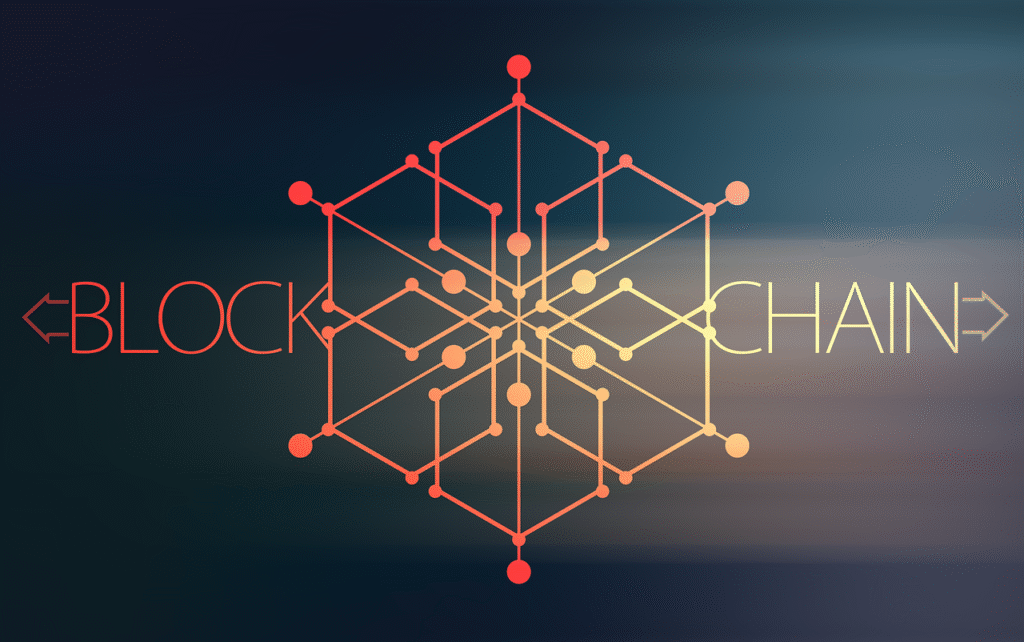Explore how blockchain-enhanced business system solutions ensure data integrity across agriculture, education, clean energy, sustainable buildings, healthcare, and entertainment industries.
Blockchain-Enhanced Data Integrity in Business System Solutions
Data is the lifeblood of modern organizations, powering decision-making, automation, and customer experiences. But as the amount of digital information grows, so do the risks of manipulation, corruption, and unauthorized access. For industries handling sensitive or mission-critical data, blockchain-enhanced business system solutions offer a powerful way to ensure integrity, security, and transparency.
In this article, we’ll explore how blockchain technology strengthens business system solutions in six key sectors: agriculture & food technology, smart education tools, clean energy, sustainable buildings, healthcare access, and entertainment infrastructure.
1. Agriculture & Food Technology
The agricultural supply chain involves multiple parties—farmers, distributors, processors, and retailers—each generating and sharing data. Without a trustworthy system, inaccuracies or fraud can occur.
Blockchain-enhanced solutions ensure:
- Immutable supply chain records: Every transaction, from seed purchase to retail sale, is recorded in a tamper-proof ledger.
- Food traceability: Consumers can scan a QR code to verify product origins and quality checks.
- Secure farm data storage: Crop yields, soil analytics, and climate data remain unaltered for accurate analysis.
Impact: Farmers and consumers benefit from increased trust in food safety and authenticity.
2. Smart Education Tools
Educational institutions handle sensitive student data, certification records, and intellectual property. Maintaining integrity is crucial.
With blockchain in business system solutions:
- Tamper-proof academic records: Certificates and transcripts are securely stored and instantly verifiable.
- Protected intellectual property: Educational content and research remain traceable to their original creators.
- Secure collaboration: Blockchain ensures that shared data between institutions remains unchanged.
Impact: Schools, universities, and online platforms can confidently share credentials and protect academic content.
3. Clean Energy
The clean energy sector generates complex data from production units, smart grids, and consumption tracking. Errors or tampering can lead to financial losses and energy inefficiencies.
Blockchain-enhanced business systems offer:
- Transparent energy trading: Peer-to-peer energy sales between prosumers are recorded immutably.
- Reliable renewable energy certificates: Proof of green energy generation is secured and verifiable.
- Trustworthy consumption data: Utilities can base billing and load forecasting on tamper-proof records.
Impact: With AI-driven energy optimization, energy producers, distributors, and consumers gain confidence in transaction fairness and environmental claims.
4. Sustainable Buildings
Smart buildings use IoT devices to monitor energy use, security, and maintenance. The accuracy of this data directly impacts operational efficiency and safety.
Blockchain ensures:
- Integrity of sensor data: Real-time monitoring data remains unaltered, enabling accurate maintenance planning.
- Transparent performance reporting: Sustainability metrics can be shared with regulators or investors without fear of falsification.
- Secured access control logs: Building entry and access records are immutable, enhancing security compliance.
Impact: Developers and facility managers can prove sustainability claims and maintain operational trust.
5. Healthcare Access
In healthcare, the accuracy and integrity of medical data can be a matter of life and death. Blockchain-enhanced solutions bring:
- Immutable patient records: Preventing tampering or accidental changes in patient histories.
- Secure clinical trial data: Results are permanently recorded, ensuring research credibility.
- Transparent data sharing: Blockchain enables controlled, auditable access for specialists or hospitals.
Impact: Through ethical data handling, patients receive safer, evidence-backed care while medical research maintains credibility.
6. Entertainment & Recreational Infrastructure
Ticketing, digital content distribution, and operational data in entertainment venues require trust between providers and customers.
Blockchain in business systems helps by:
- Preventing ticket fraud: Each ticket is a unique blockchain token, verifiable at entry.
- Protecting digital rights: Artists and creators receive transparent royalties through smart contracts.
- Securing operational data: Attendance stats and revenue figures remain accurate for stakeholders.
Impact: Event organizers, artists, and audiences enjoy greater trust in transactions and content authenticity.
Why Blockchain is a Game-Changer for Data Integrity
Blockchain-enhanced business system solutions combine decentralization, encryption, and immutability to create a digital environment where data cannot be changed without leaving a trace. This is vital for:
- Regulatory compliance (GDPR, PDPA, HIPAA, etc.)
- Cross-organization trust where multiple parties handle the same data
- Long-term data preservation for audits, certifications, and performance tracking
Integrating Blockchain into Business Systems
For organizations considering blockchain, here are the key steps:
- Assess data sensitivity and compliance needs – Not all data needs blockchain, so focus on high-risk areas.
- Select the right blockchain model – Public, private, or consortium-based depending on industry requirements.
- Integrate with existing systems – APIs and middleware can connect blockchain to ERP, CRM, and IoT platforms.
- Train teams on governance – Technology works best when paired with ethical data handling policies.
Conclusion
From farms to stadiums, blockchain-enhanced business system solutions are raising the bar for data integrity. By creating immutable, transparent, and secure records, organizations can protect sensitive information, meet compliance standards, and build stronger trust with stakeholders.
In a digital world where trust is currency, blockchain isn’t just a technical upgrade—it’s a strategic advantage.

Image by Gerd Altmann from Pixabay